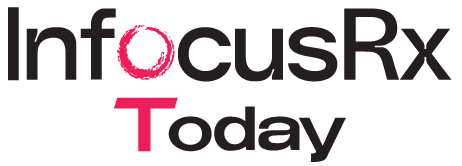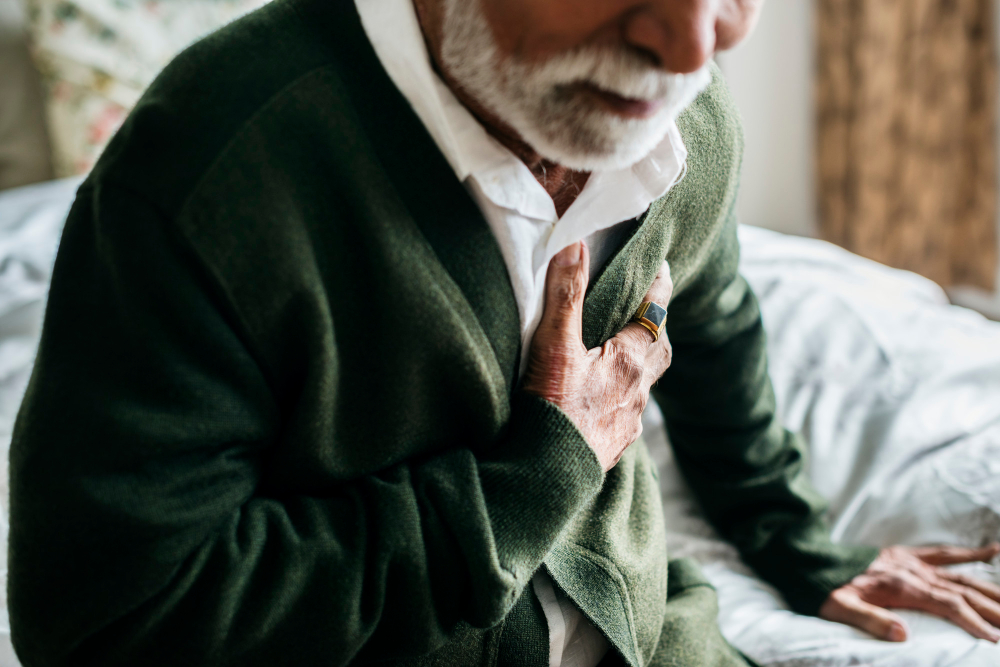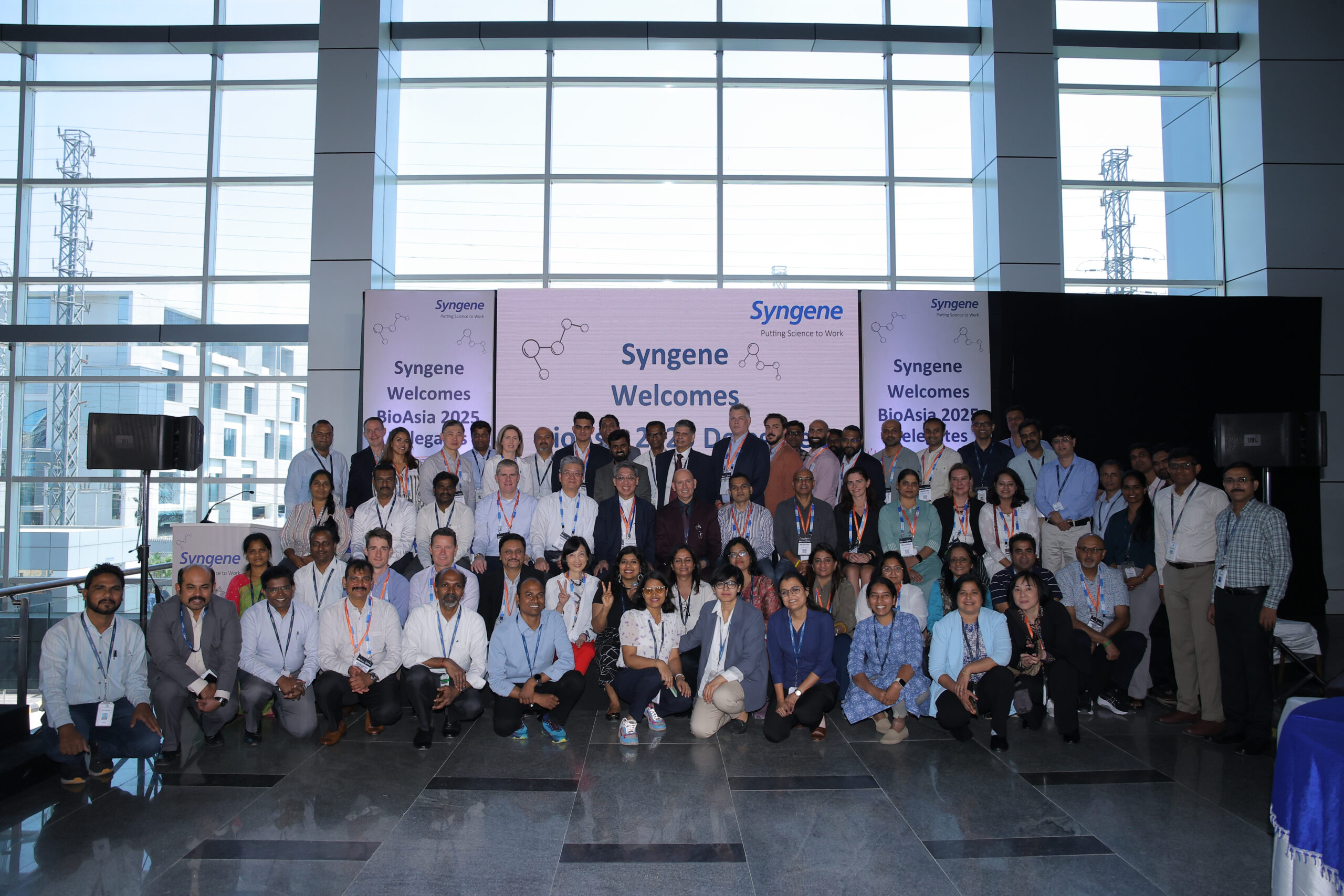Surviving a heart attack is a good thing. However, it is common to experience depression during the recovery process. This can be due to the sudden event of a diagnosis of a heart attack, the shock, fear, and worry about future treatment, the risk involved, changing and restricting lifestyle habits, and not being able to get back to life or perform certain activities normally. These changes and worries can lead to depression. It is estimated that after a heart attack, 1 in every 3 people starts looking at life only through the fog of depression, especially those who do not have social or family support. Being depressed is not an ideal state to be in when recovering from an attack, as it can be a hindrance.
However, it is encouraged to cultivate positivity to fully recover. It is advised to be honest about their feelings and seek help from healthcare providers or support from friends or loved ones to recover strategically.
Knowing depression
Depression is a medical condition that affects how you feel (mood changes), think, and act in your everyday life. It is a common and serious illness that most people experience at least once in their lives. However, depression after a heart attack is not similar to feeling sad. It is experiencing shock after a life-threatening effect and mourning the loss of health. After the event, depression may last for a few days to a few months and usually goes away on its own. However, if it is not managed in a healthy coping manner, it can begin to interfere with everyday activities, the recovery process, and the treatment response. If a person observes such an interruption, it is important to act by seeking a doctor’s help.
Knowing whether you are depressed
Most people who are depressed are unaware of their condition, and hence it is neglected. Being depressed after a heart attack can be risky because it might worsen your health. Therefore, observing oneself and knowing exactly what they are feeling while in depression is critical for a quick recovery. Some of the signs of depression are as follows:
- Feeling sad
- Crying often
- Lack of interest in daily activities
- Either agitated or sluggish
- Changes in appetite and weight
- Laziness or lack of energy
- Feeling guilt, worthless, helpless and hopeless
- Loss of sexual desire
- Poor concentration and wrong decisions
- Too much or too little sleep
- Irritability and restlessness
- Persistent headaches that don’t get better with medications
- Thoughts of suicide and death
The symptoms may vary from person to person based on their health condition. If symptoms persist for more than 2 weeks, inform your doctor immediately and get help.
Treating depression
A heart attack combined with depression is considered significantly more dangerous than having either one of them. Hence, it is important to address depression after a heart attack. Doctors will choose to treat it with antidepressant medications, psychotherapy, or both. Follow your regimen as advised and go for regular follow-ups. Do not choose to stop, restart, or abuse the medication on your own. Taking these medications regularly can improve one’s condition drastically in a few weeks; however, if any unusual symptoms are observed, inform your doctor immediately. Psychotherapy is a socially supported process that results in significant changes in your beliefs and behaviours. It emphasises a healthy lifestyle, such as a balanced diet, frequent exercise, adequate sleep, and strategies to relax and manage stress; all of these can aid in the treatment of depression. According to research, both medication and psychotherapy can help patients who are depressed following a heart attack.
Help yourself to treat depression
Aside from seeking medical attention from your doctor, it is critical that one make efforts to help themselves treat depression. It may be tough to engage in activity, but one must recognize that this is not a permanent situation and that treatment is possible to help you be yourself. It is only a symptom of depression that must be treated. Help yourself by:
- Prepare an outing (e.g., a picnic or movie).
- Engage in mild physical activity.
- Take part in religious and social activities.
- Go for a party or throw a party.
- Spend some time with family and friends; never be alone.
- Lend a hand to a family member to do a task.
- Participate in activities you enjoy.
- Read motivational and self-help books.
- Relieve stress with yoga and meditation.
Cheer up your heart!
Detecting and treating depression after a heart attack at an early stage is critical since it prevents the attack from recurring and improves one’s outlook on life. If left untreated, it might increase the chance of another heart attack or worsen the existing disease. You may require the support of family, friends, and relatives to overcome depression and live a heart-healthy life.




